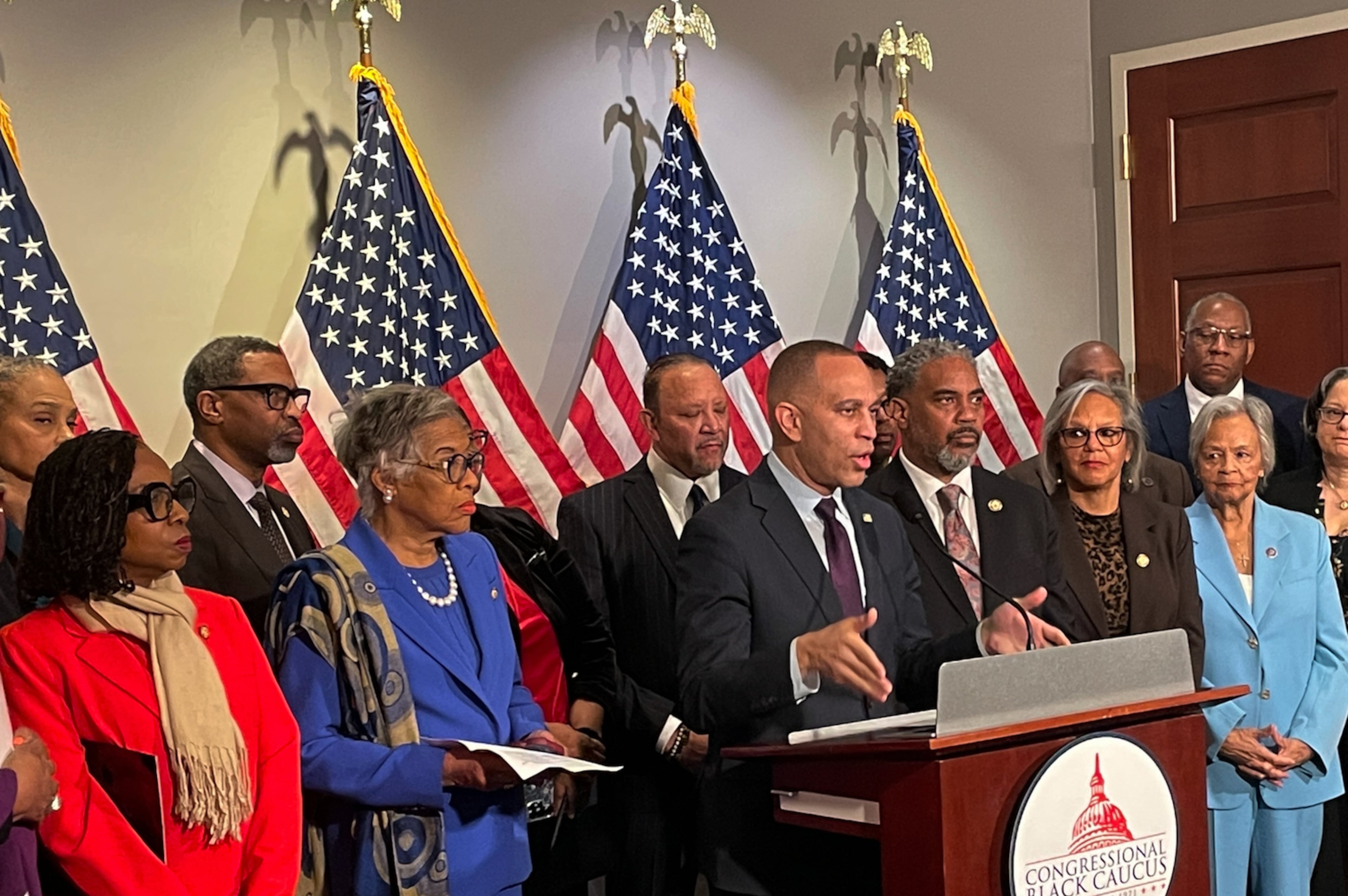Protests continue on other U.S. campuses, including at UNC Chapel Hill
Students who began a protest presence on Friday remained overnight at the University of North Carolina at Chapel Hill.
The Daily Tar Heel reported that a smaller group entered a “quiet time” just before midnight on Friday but remained on the campus quad, Polk Place. The encampment began Friday morning, organized by the UNC chapter of Students for Justice in Palestine, to protest the war in Gaza, according to multiple news organizations.
On Friday night, there were speakers, music, dancing and prayers, The Daily Tar Heel reported.
The students initially erected tents, but agreed to remove them at the request of campus officials and were allowed to stay, The News and Observer reported.
A group protesting for a second day at Emory University left the campus shortly after midnight on Saturday following demands by campus police.
Responses from officials on other campuses have been mixed, with some using police to break up protests or encampments, others allowing protesters to stay, sometimes with negotiated restrictions.
Protesters remained on campus Saturday at Columbia University in a Palestine protest that is credited with encouraging protests at other colleges and universities.
READ MORE: A select report on campus protests across the U.S.
The Washington Post reported that D.C. police rejected pleas from George Washington University officials to clear pro-Palestinian demonstrators out of an on-campus encampment early Friday morning.
“They don’t seem to have a clear strategy,” said Jennie Stephens, a professor at Northeastern University quoted by the New York Times, who attended the protest there to support the students. “I think there’s this inclination to kind of control what’s happening on campus, but then that’s balanced with the optics — or the violence, or the real harm — done to students or faculty or staff or others if there are arrests.”
At Emory University and at Columbia University, faculty formally expressed opposition to campus officials calling police to break up protests.
On the same day a faculty group at Emory University called for a no-confidence vote in Emory’s president, the faculty senate at Columbia University called for an investigation of the school’s leadership. Both actions come in response to the handling of student protests on campus in support of Palestinians in the Israel-Hamas war.


